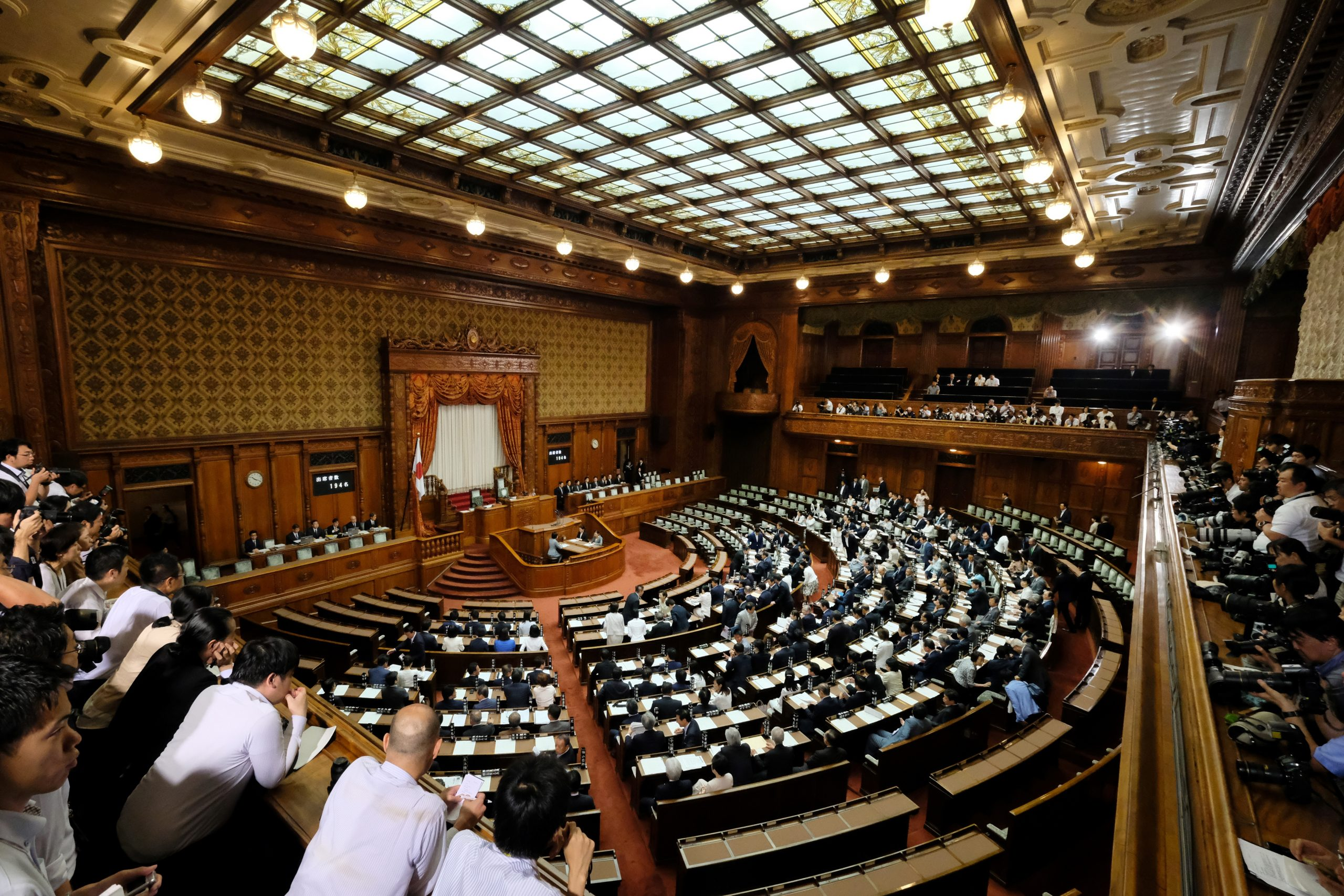Japanese Prime Minister Shigeru Ishiba retained his leadership after a close parliamentary vote on Monday, following the loss of his coalition’s majority in a recent lower house election. Ishiba, who assumed office on October 1, now faces the challenge of steering a minority government amid mounting international and domestic pressures. These pressures are heightened by the recent re-election of Donald Trump in the United States, rising regional tensions with China and North Korea, and calls within Japan to address inflation and reduce the cost of living.
Ishiba’s coalition, consisting of the Liberal Democratic Party (LDP) and its partner Komeito, holds the largest bloc of seats in the lower house. However, losing their majority has left the coalition dependent on smaller opposition parties to pass legislation. Monday’s leadership vote underscored this vulnerability; it required a runoff—the first of its kind in three decades—after no candidate achieved a majority in the initial round. Ultimately, Ishiba prevailed with 221 votes, defeating former Prime Minister Yoshihiko Noda, leader of the Constitutional Democratic Party, though still falling short of a majority in the 465-seat chamber.
In the coming months, Ishiba faces key tests, including an upper house election next year where the coalition’s narrow majority could be jeopardized. Public trust in his leadership has been weakened by a recent scandal involving unrecorded donations to lawmakers. His immediate priority will be to prepare a supplementary budget for the current fiscal year, with a focus on social welfare and measures to mitigate rising prices. Gaining opposition support will be essential for budget approval, with the Democratic Party for the People (DPP), led by Yuichiro Tamaki, seen as the most likely ally. Although Tamaki has engaged in talks with Ishiba, DPP members abstained from voting for his continuation as prime minister last week. Tamaki’s political standing also faces scrutiny due to a recent personal scandal.
Looking outward, Ishiba’s diplomatic agenda includes a G20 summit in Brazil on November 18-19, where he plans to address Japan’s position in a shifting global economy. Ishiba is also arranging a meeting with U.S. President-elect Donald Trump during the trip, hoping to revive the cooperative Japan-U.S. relationship that marked Trump’s previous term, facilitated by close ties with former Japanese Prime Minister Shinzo Abe. Japanese officials remain cautious, however, as Trump’s return could bring renewed pressure on Japan to increase payments for hosting U.S. military bases and avoid potential trade restrictions.
As Ishiba seeks to balance these internal and external challenges, his leadership will likely depend on securing cross-party alliances at home and stabilizing Japan’s strategic ties abroad.


















